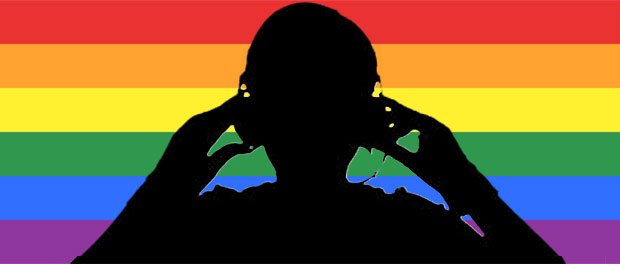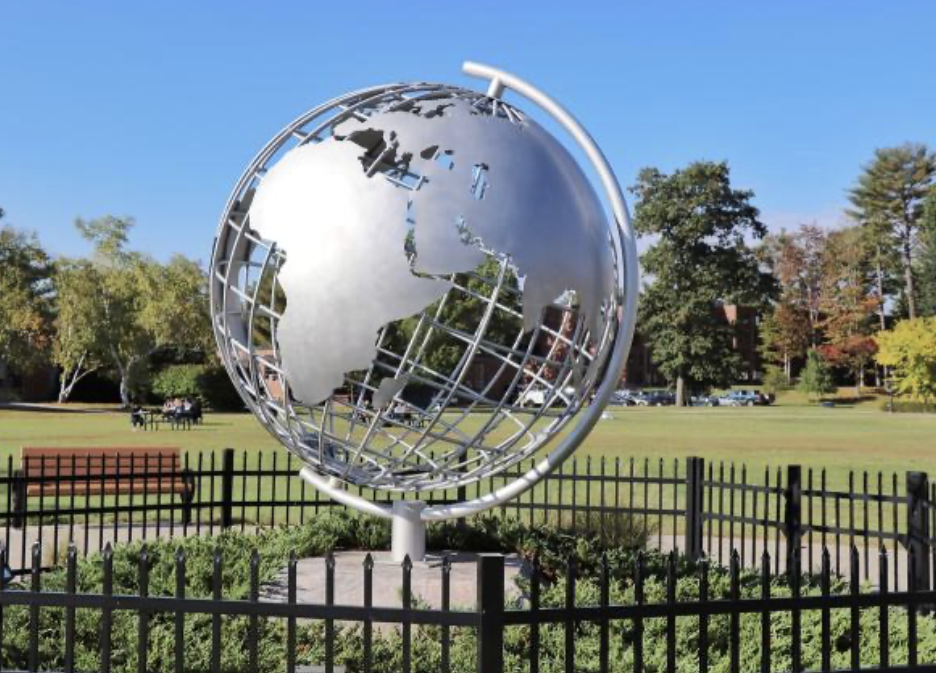By Ariana Chiarenza
If you’re someone who keeps tabs on the radio, you’ve probably noticed a growing trend of LGBTQ artists on the airwaves. It’s no surprise that artists who are “out” are on the rise. There’s nothing new about the twenty-first century that’s contributing to the overall amount of queer musicians. The likes of David Bowie, Freddie Mercury, Janis Joplin, and Billy Preston have been around since the ‘60s, ‘70s and ‘80s. What makes this wave of LGBTQ artists different from others is their voices in their music. They’re here, they’re queer, and they want their music to show it.
In 2011, Lady Gaga established herself as a leader for this movement. Gaga, along with Sam Smith, Frank Ocean, Halsey, Miley Cyrus, Troye Sivan and Hayley Kiyoko each headline the music industry in their own unique way. Names such as Sivan and Kiyoko may only ring familiar to the LGBTQ community, but they are as important as the other voices on the radio.
For the LGBTQ community, the music industry is helps to create a voice for those finding self-identity. LGBTQ artists that are successful now have a second line of defense in times when LGBTQ identities may not have been accepted. David Bowie and George Michael were popular among the masses despite non conventional stage presences and artistry. This allowed the artist to make a name for themselves while influencing the closeted and persecuted LGBTQ youth at the time that their identity was one to be celebrated. The same could be said for Prince, who defied conventional gender roles with a flamboyant stage persona adored by both the straight and gay communities.
As overall acceptance gradually increases, new artists have no longer worry about their identites. This new environment makes it possible for artists who are members of the LGBTQ community privately to “come out” publically in a more welcoming environment. Ricky Martin, who gained fame in the ‘90s, only recently “came out” as gay due to a warming attitude towards the LGBTQ community.
For the most part, the growing regard for LGBTQ musicians has one core trait: they’re mostly all white. While not every white person is accepting of the LGBTQ community, the majority of LGBTQ artists in the last few decades were white Americans. Only in the last five years, LGBTQ persons of color reached mainstream music. Whether this is a result of different cultural attitudes from each community or just a subconscious racial preference is unknown, but the presence of young and queer artists of different races is a crucial piece of growth for the music industry.
The likes of Hayley Kiyoko, Frank Ocean and Ricky Martin have each had their own impact on their respective community. Kiyoko, who’s music videos often involve female-female romance, and the title affectionately given to her by fans – “Lesbian Jesus”, is a front runner of LGBTQ music for both queer women and the Asian community. Sexuality is rarely discussed in traditional Asian households, and the presence of Kiyoko’s LGBTQ music validates the identities of young and queer Asians.
The same can be said for Frank Ocean. Ocean began in the hip-hop collective Odd Future, is an R&B musician that is heavily affiliated with hip-hop. Hip-hop often has its roots in homophobic lyrics and a strong expectation of masculinity. Ocean’s vocalization of his sexuality in an otherwise homophobic genre has done similarly what Kiyoko does for those growing up in households where sexual identity is silenced or persecuted. Ricky Martin’s coming out was a huge milestone for the particular Catholic Latina community.
No matter how a person identifies, one thing is certain: music is a form of expression. Music is an integral part of the human identity. LGBTQ artists use music as their way of storytelling, expression, and validating themselves and the lives of others like them.





















